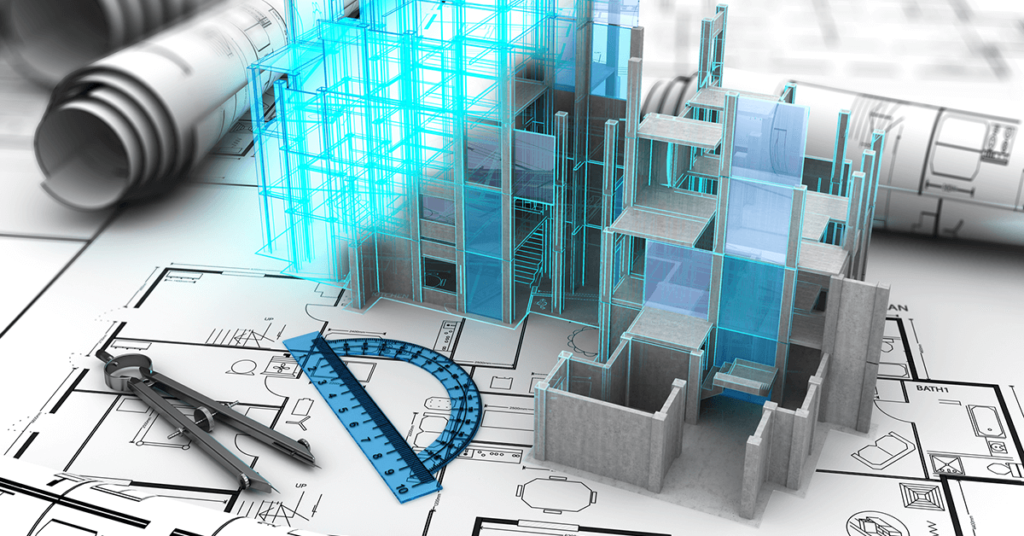But, could provide a development boon in the future.

BY ANTHONY SANFILIPPO
Even during the time of COVID-19, there remains a glaring need for affordable housing. Sure, demand is down right now, and with that prices may fall a little bit. But the reality is, an economic recession in the near term will only slow the development of more affordable housing moving forward.
Many local governments have tried to stimulate the development of affordable housing by providing increased funding. However, as a result of the impact of COVID-19, there is a real risk that those same governments might not be able to adequately support such measures – either to build more or to preserve existing affordable housing.
“For the commercial developers who would build the needed affordable housing units, finding the financing necessary – especially from cautious lenders during a time of uncertainty – may be a lot harder to come by.”
In California, where the affordable housing crisis was worse than every other state prior to the pandemic, Gov. Gavin Newsom announced the state will have to significantly slow spending as a result of the response to COVID-19. Specifically, in San Francisco, where low- and middle-income earners rarely find housing they can afford, a budget deficit of more than $1.5 billion is expected.
As for the commercial developers who would build the needed affordable housing units, finding the financing necessary – especially from cautious lenders during a time of uncertainty – may be a lot harder to come by.
Below-market rate debt that comes from government lenders, such as Fannie Mae or Freddie Mac, is likely to become less available. Similarly, the market will make it harder to get the kind of equity desired from low income housing tax credits, which are used in a vast majority of affordable housing projects. This is because they afford tax credits to owners in exchange for financing a residential unit that charges a rent at 60 percent or lower of the median income for a specific area.
Like the lenders, investors are also leery because of the uncertainty of how owners of affordable housing developments are going to manage the shortfall that is sure to come from renters being unable to afford rents during the pandemic.
Federally backed mortgages are allowing for mortgage forbearance for up to six months for these owners/landlords, but that only accounts for about 40 percent of owned multi-family units in the country.
Not only that, owners/landlords are dealing with increased costs because a predominance of residents are staying-at-home through the pandemic. As such, increased trash and higher use of utilities are happening.
But there is a glimmer of hope once COVID-19 is under control.
Affordable housing development could stabilize quickly once there is a return to normal because unlike market-rate housing, the rents in affordable housing are generally below market, meaning the operation risk of managing these properties wouldn’t be as high during a recession.
“With interest rates low and expected to remain that way until the economy rebounds, developers may be able to take advantage and borrow the money they needed to break ground on new multifamily projects.”
Additionally, because demand for affordable housing is likely to grow as more Americans lose income, more investors could line up to develop affordable housing once the pandemic passes. Couple that with banks being incentivized by government regulations to process loans for housing in areas deemed low or middle income, and the market for affordable housing could quickly rebound, even during an overall economic downturn.
With interest rates low and expected to remain that way until the economy rebounds, developers may be able to take advantage and borrow the money needed to break ground on new, multifamily projects. The recession may actually lower the cost of land and even make construction costs drop.
Overall, the immediate pipeline for funding of affordable housing is definitely a concern. But once the pandemic passes, the market very well may course correct and in the next 18 to 24 months, a much-needed uptick in this kind of housing could come to pass.
Related Posts
None found